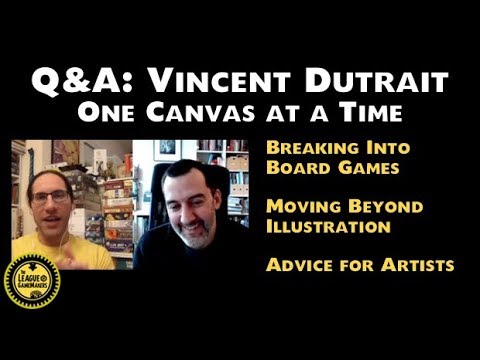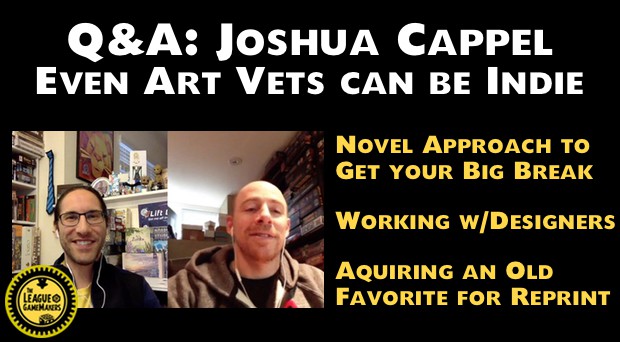
When I first started designing games, my husband Pete and I were very intentional about saying, “These are your games, these are my games, and these are the games we do together.” But over time, that boundary has shifted and now almost everything we work on, we work on together. That’s because our partnership is fruitful – we have lots of factors that make us a good working pair when it comes to game design.
How did we ultimately make the decision to work together? It came down to three things that you might also want to consider…
DO YOU HAVE FUNCTIONAL SKILL DIFFERENCES?
If one of you is a graphic designer and the other is great with Excel, that’s like a match made in game design heaven. For Pete and I, we do have some skills that make us complementary – I know how to use Inkscape, he can code a program to design cards almost instantaneously. As time goes by, we’re each picking up additional skills that work well together – I’m good at figuring out prototyping, Pete is learning how to edit videos. All of these skills together mean that we can work better, make better prototypes, and more easily promote our games.
DO YOU HAVE DIFFERENT WORK STYLES?
This one, for us, is the biggest reason to work together. I’m a quick thinker – I have new ideas for games all the time. Pete, on the other hand, likes to really sink into one design and focus on it. He gives me focus, and I help him get out of design ruts. It just made sense to start to work together on more projects. What work style differences do you and your potential partner have that could actually make you a good fit? Yes, you’ll probably have to work out some differences, but it can be well worth it.
HOW MUCH OF THEIR ADVICE ARE YOU TAKING?
Honestly? It was this factor that sealed the deal. Pete and I have always been each others’ first playtesters, but even though we tried at first to maintain a separation of projects, his feedback was too good – as was mine for his projects. It got to the point where I considered him a codesigner without having really talked about it, just because he shaped so much of the game. If there’s somebody whose good sense and design feedback you trust, they just might make an excellent partner.
SO WHEN DO YOU NOT NEED A PARTNER?
Of course, there’s no sense in bringing somebody else in if it doesn’t make sense. If you’re feeling stuck on a design, there are other options you could consider. Joining or starting a playtest group, asking to playtest your game at local cons or game nights, or even seeking feedback online in forums or in Facebook groups can all be incredibly valuable.
If at the end of the day, you think it would be valuable to work really closely with another person, to argue about balance, or to see things from another perspective every day, you just might be ready for a game design partner.








